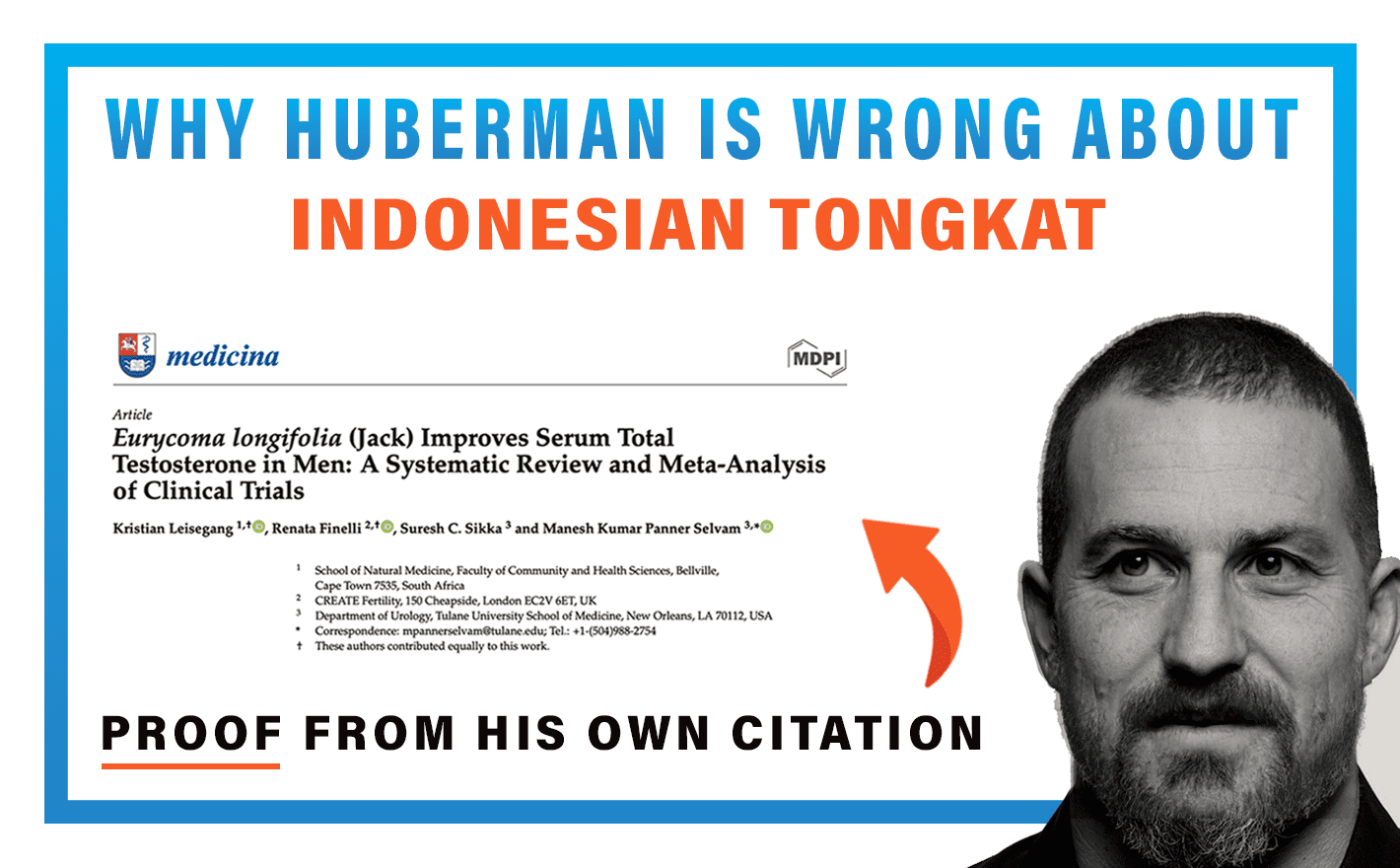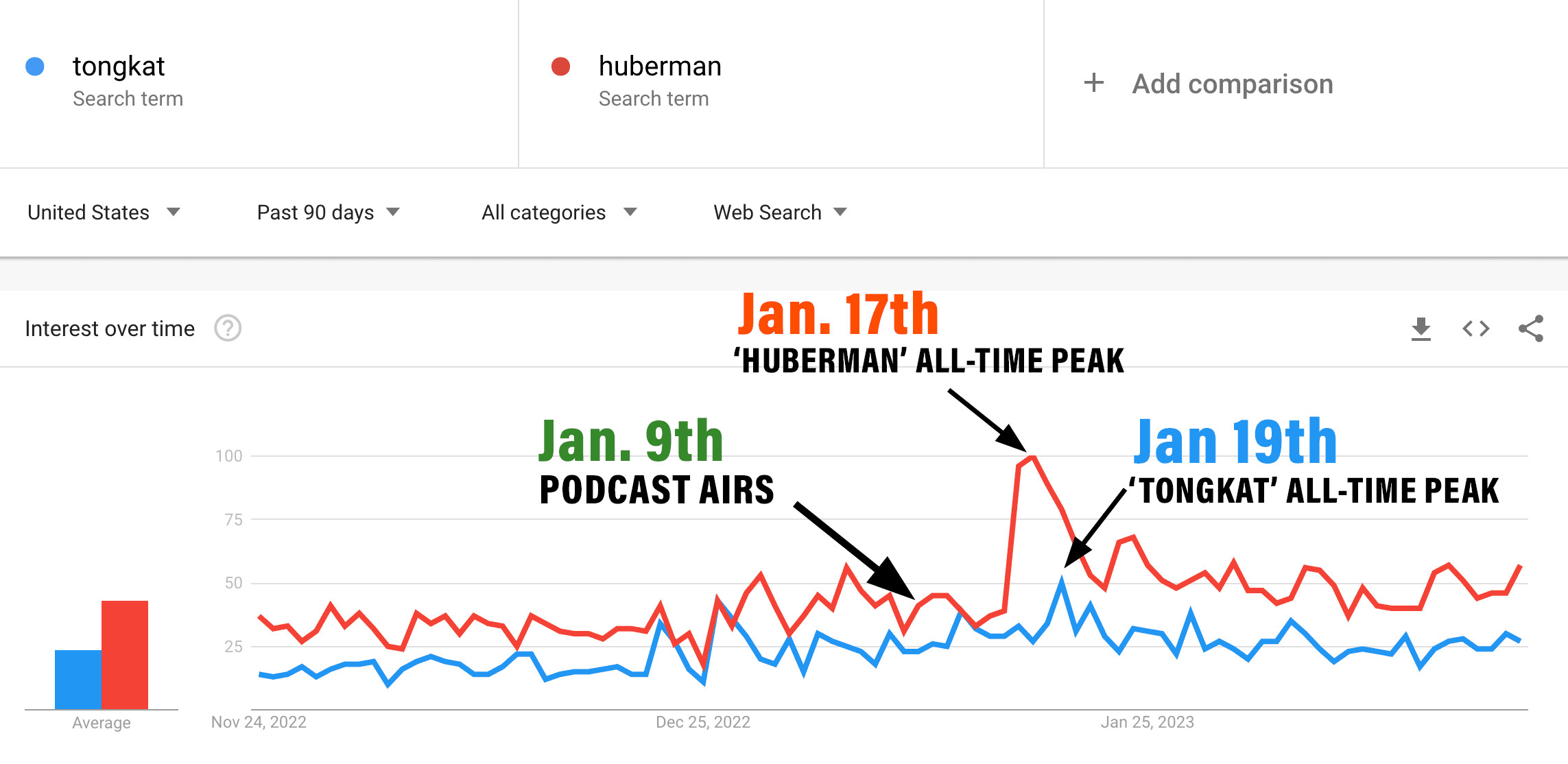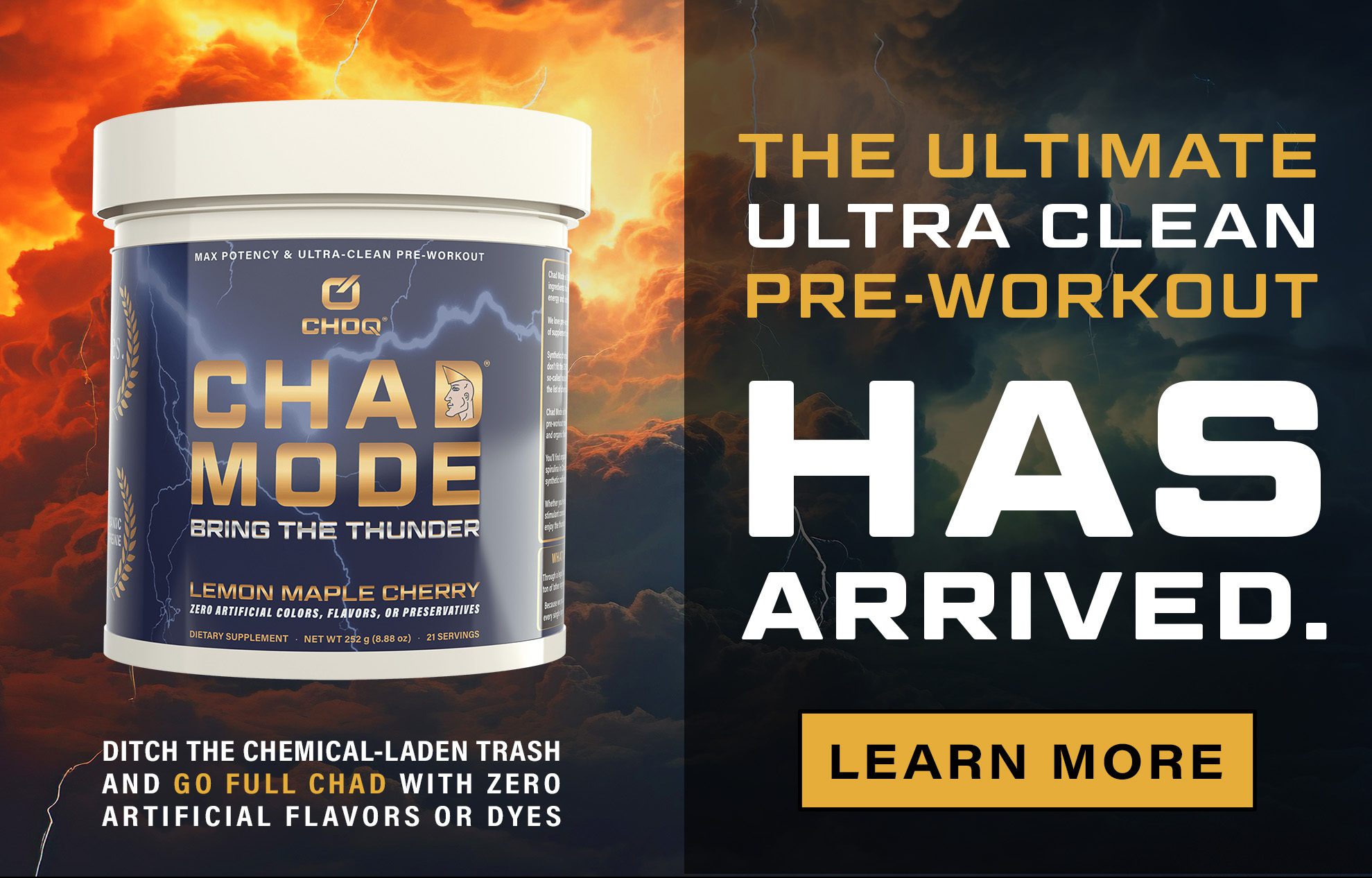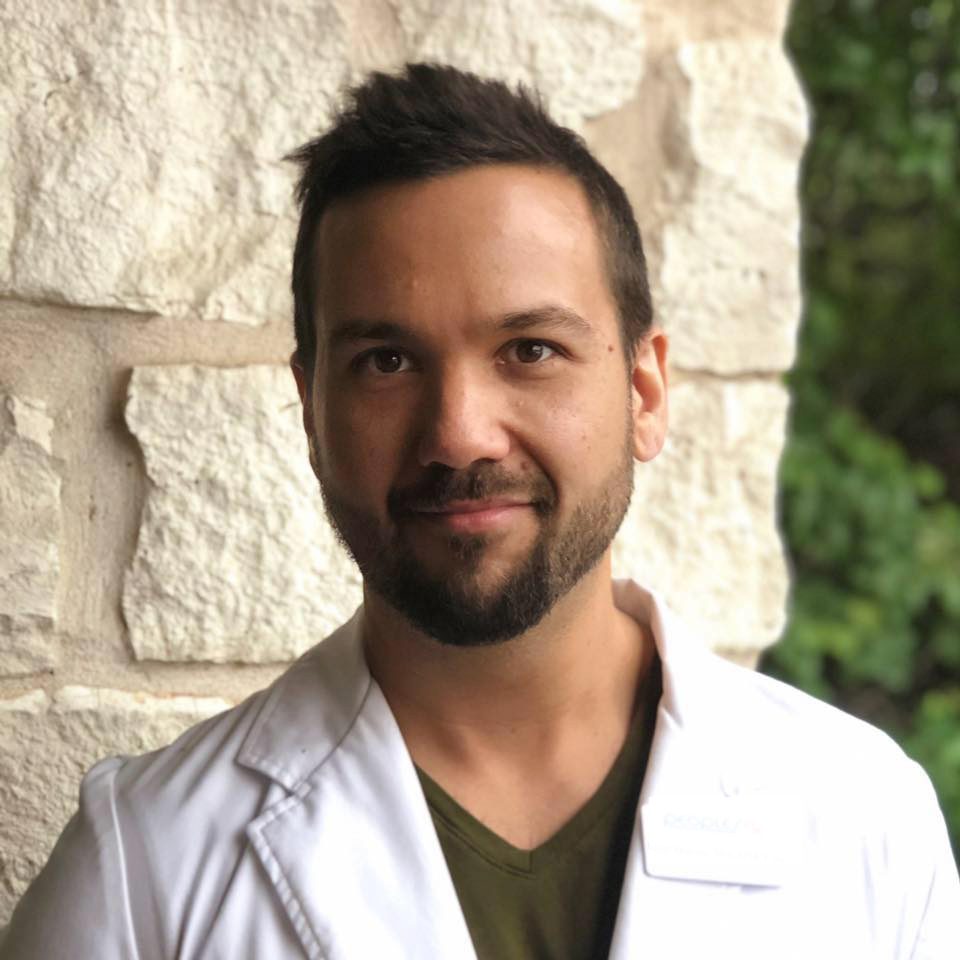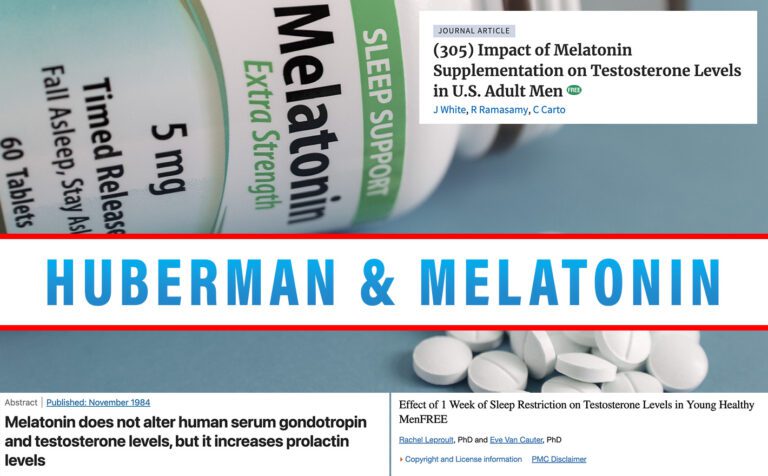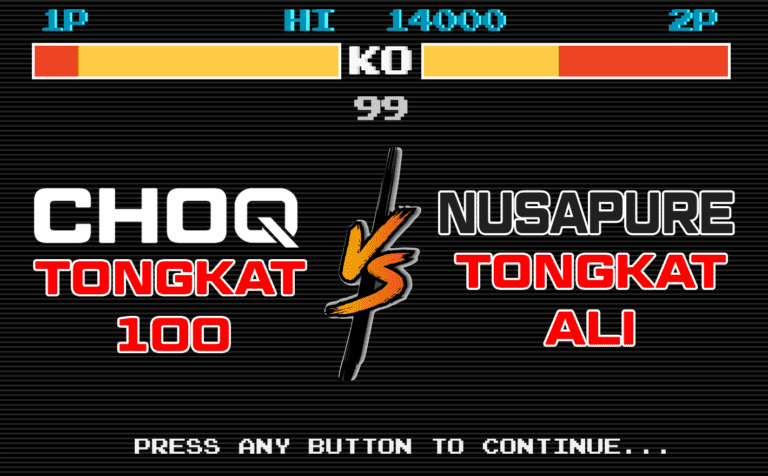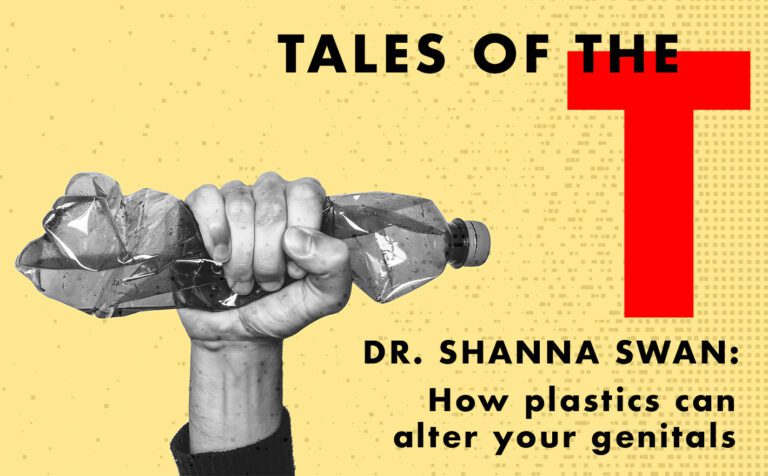Dr. Andrew Huberman might just wield more power in the supplement industry than any other person on the planet right now. His undeniable influence on the market is beginning to make many of us think he may be the new Dr. Oz, as demand tends to soar for anything that he endorses.
If he’s not the Dr. Oz of supplements in general though, Huberman is certainly the Oz of testosterone-boosting herbs.
Before he began talking about Fadogia agrestis–a little-known Nigerian herb with hardly any research behind it–barely anyone sold it. After he mentioned it on the Joe Rogan podcast, however, countless Fadogia products sprung up overnight like mushrooms after a good rain (but not necessarily the sort that Rogan likes to eat).
Huberman’s podcast has grown exponentially since it came onto the scene just a couple of years ago, and for good reason. He’s likable, an excellent researcher and educator, and–with the very notable exception that we’re about to get into–is typically dedicated to scientific rigor and objectivity.
Proof from Google Trends that Andrew Huberman Is Essentially the New Dr. Oz
On a recent episode of the Huberman Lab Podcast titled “Developing a Rational Approach to Supplementation for Health & Performance”, he promoted the use of Tongkat for boosting free testosterone levels (which we were thrilled about since it’s one of our favorite adaptogens and has massive amounts of research proving its legitimacy).
The episode dropped on January 9th, and according to Google Trends, searches for both ‘Huberman’ and ‘Tongkat’ hit all-time peaks within ten days:
This also happened with multiple other supplements that he discussed in the podcast, and we’re not talking about just a little spike in interest. We’re talking about ALL-TIME peaks in Google searches. Note how tightly correlated the red and blue lines seem to be during other periods as well.
Again, we love Tongkat Ali (and we love you, Dr Huberman!), so we’re elated that the Huberman Lab podcast is dramatically expanding its popularity.
Virtually all of his claims about Tongkat Ali are on point. We did our best to vet them, and there’s plenty of research that explores various mechanisms of action that he hasn’t yet discussed, but yes, what he says about the power of Tongkat is 100% legit.
What he’s dead wrong about, however, are his baseless assertions that Indonesian Tongkat is superior to Malaysian, and that Malaysian Tongkat “may not work at all” (direct quote). Nothing could be further from the truth.
And, as mentioned, the very paper that he just cited as the best review of Tongkat Ali’s testosterone-boosting properites is a demonstration that he’s dead wrong.
Dr. Huberman, we really don’t wish to throw any undue shade your way, but on this particular point, you absolutely must be corrected.
Andrew Huberman’s Unsubstantiated Claims About Indonesian Versus Malaysian Tongkat Ali
Dr. Huberman has made claims that Indonesian Tongkat is superior to Malaysian on several occasions but has never, as far as we can tell, provided any research to back them up.
On the popular “More Plates More Dates” podcast (the one that broke the Liver King steroids story), he told the host, Derek:
“It turns out that there’s a Malaysian version of this and there’s an Indonesian version, and I’m getting reports back from people that are out there that have heard me talk about this…that it’s the Indonesian version that’s particularly potent, and that the Malaysian version might not be at all.”
[Timestamped link to video here]
In another episode of the Huberman Lab Podcast where he talked to Dr. Kyle Gillett, he again asserted that Tongkat from Indonesia is superior, but without citing any evidence. Huberman said in the podcast that his understanding is that people should buy Indonesian Tongkat Ali extract instead of Malaysian, and Dr. Gillett agreed, but without any clarification as to why.
After quite a bit of digging, we were unable to find any instances in which Andrew Huberman backed up this claim about Indonesian Tongkat with any research, which is particularly odd, given that he’s a Stanford neuroscientist who typically goes out of his way to cite everything.
Note that Momentous, the company that Huberman now works with, uses a generic, unextracted, non-standardized version of Indonesian Tongkat Ali, unlike the patented and highly standardized Malaysian extract that we use. And, because it’s generic, it has no specific research behind it. See the last section on the ‘herbal supplement hierarchy of quality’ to learn more.
Huberman’s Recommended Paper on Tongkat Ali Demonstrates Efficacy of Malaysian Tongkat, Not Indonesian
In the aforementioned “Rational Approach to Supplementation” video, Huberman recommends the paper Eurycoma longifolia (Jack) Improves Serum Total Testosterone in Men: A Systematic Review and Meta-Analysis of Clinical Trials.
The paper reviews nine different studies and pools the data from all of them, concluding that Tongkat Ali seems to be quite effective for boosting testosterone in males.
When we read the paper and looked at all of the studies, we realized that eight out of nine of them were on Malaysian Tongkat Ali extract, and NOT the Indonesian variety.
Why, Dr. Huberman, are you claiming that Indonesian Tongkat is superior, and that Malaysian Tongkat may even be ineffective, when the meta-analysis that you recommend used Malaysian Tongkat, and not Indonesian?
As an aside, the ninth study in the paper, which was actually a PhD dissertation and not a regular clinical trial, did not mention the origin of the Tongkat used, so it’s quite likely that it was also from Malaysia.
What’s even more interesting is that all eight of these studies used the exact same Malaysian extract that’s in CHOQ Tongkat 100 (LJ-100®, AKA Physta®). And why do researchers prefer to use this particular version of Tongkat?
Because it’s the only one with extensive human clinical trials to back it up, not to mention that it’s wild-crafted in the Malaysian rainforest and lab-analyzed for active phytochemicals, including glycosaponins and Eurypeptides.
There is no Indonesian Tongkat Ali in existence that has specific patents and human clinicals behind it. Anything from Indonesia is generic, and most of what’s being sold isn’t even standardized, meaning that you have no way of knowing the potency.
Again, Dr. Huberman, we love your podcast. Mad respect. Keep up the good work, and please know that we’re fans ourselves…but if you read this, please correct your mistake. We know you’re a man of science, and in this case, the evidence is incontrovertible.
Indonesian Tongkat, Momentous Supplements, and Andrew Huberman
Writing an article that mentions your competitors is tricky, so we’ll do our best to be as factual as possible with our assessment of Momentous and their Huberman-backed line of products.
Huberman Lab supplement recommendations are generally excellent, and Momentous sells many of them. Magnesium threonate, a highly neuroavailable form of magnesium, has excellent research behind it and is a great addition to anyone’s nootropic stack, as are omega 3s, alpha GPC, and tyrosine.
There are plenty of terrible companies out there selling complete trash, and Momentous is certainly not one of them. We doubt someone of Dr. Huberman’s stature would work with a company who was outright scamming people or using dangerous ingredients.
Based on our assessment of their catalogue, Momentous’ standards do sometimes dip into questionable territories, however, as they use excipients like gelatin, natural flavors, fragrance, propylene glycol, and a few others that are less than optimal (mostly in their topical product).
These are all against our quality standards, which are objectively some of the highest in the industry, but many people may not care. CHOQ customers tend to be a bit pickier when it comes to inactive ingredients.
Still though, their products are not half bad. They’re certainly not premium by any stretch of the imagination, however, especially when it comes to their Tongkat Ali.
Want to know what gives us the confidence to say that? Read on.
Where Momentous Indonesian Tongkat and CHOQ Malaysian Tongkat Fall on the Herbal Supplement Hierarchy of Quality
This part may be TL;DR for some readers, but if you’re still with us, then you get a gold star!
If you’d like to understand more about herbal supplements from a technical standpoint, and arm yourself with information that will make you a shrewder consumer, then this extra credit section is for you.
Here’s a quick description of what we might call the ‘herbal supplement hierarchy of quality’, listed from lowest to highest:
-
Raw (unextracted) herb – extremely cheap and easy to produce (Momentous Tongkat Ali goes here)
-
Herbal extracts – active compounds have been concentrated by removing inactive parts of the plant material, such as fiber, with water, alcohol, or other solvents, improving potency and bioavailability
-
Standardized extracts – post-extraction, the product has been analyzed (typically using HPLC) to ensure that the quantity of bioactive phytochemicals meet a minimum standard of potency, which is listed on the supplement facts panel
-
Trademarked and standardized extracts with preclinical research – research may be in vitro (not in a live organism) or done on animals; these will always have a trade name with a ™ or ® symbol after them
-
Trademarked and standardized extracts with human clinical research – these are the hardest and most expensive to make, as human clinical studies can cost many millions of dollars; these ingredients are often patented and represent the highest level of evidence-based herbal supplementation (CHOQ Tongkat 100 goes here)
To make it even more complicated, different kinds of extracts can concentrate some kinds of phytochemicals and even reduce others that have activity, making comparisons between different products an ‘apples and oranges’ phenomenon (this is especially true of Ashwagandha).
Dr. Huberman is certainly a wealth of knowledge in certain domains–particularly neuroscience and endocrinology–but it’s clear that his understanding of herbal supplements is novice to intermediate. Many people in this category make a common rookie mistake, which is to treat herbs like chemical compounds when discussing dosages.
Herbs contain hundreds to thousands of different compounds. They are infinitely more complex than a pure chemical substance such as aspirin or Vitamin B12. Thus, you have to be careful how you talk about dosing, or else you will end up making a critical error.
For example, if someone asks you how much of an herb they should take to produce certain effects, and you simply reply, “300 milligrams,” you’ve already made a fundamental error. If it’s understood that you’re referring specifically to a raw powder, then it’s no problem, but the issue is that–as you read above–there are many different degrees of quality and potency when it comes to herbal products.
Common turmeric extracts contain over twenty times the amount of curcuminoids that a raw powder would, for example. So, in conclusion, if you want to truly understand how to evaluate the quality of your Tongkat Ali, or any other herbal product, you may have quite a bit more research to do.
Did we officially overload you with information? It might be time to get off your screen and do a nice, refreshing cold plunge or maybe some relaxing Yoga Nidra breathing.
If you’d like to learn more about how the supplement industry works, check out these articles:
And if you’re a fan of Dr. Huberman, you’ll enjoy these blogs:
And if you’d like to learn more about adaptogens and superfoods, have a look at these:
